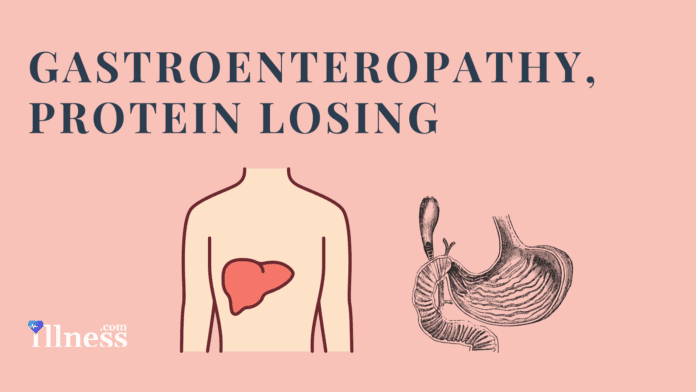Overview Of Gastroenteropathy, Protein Losing
Gastroenteropathy, Protein Losing is synonymous with protein-losing enteropathy. It is an abnormal loss of protein from the digestive tract. It can also refer to the inability of the digestive tract to absorb proteins.
Causes
There are many causes of protein-losing enteropathy. Conditions that cause serious inflammation in the intestines can lead to protein loss.
Some of these are:
- Bacteria or parasite infection of the intestines
- Celiac sprue
- Crohn disease
- HIV infection
- Lymphoma
- Lymphatic obstruction in the gastrointestinal tract
- Intestinal lymphangiectasia
Symptoms
Symptoms of protein-losing enteropathy can include:
- Diarrhea
- Fever
- Abdominal pain
- Swelling
- Symptoms will depend on the disease that is causing the problem.
Exams & Tests
You may need tests that look at the intestinal tract to diagnose protein-losing enteropathy. These may include a CT scan of the abdomen or an upper GI bowel series.
Other tests you may need include:
- Colonoscopy
- Esophagogastroduodenoscopy (EGD)
- Small intestine biopsy
- Alpha-1-antitrypsin test
- Small bowel capsule endoscopy
- CT or MR enterography
TreatmentOf Gastroenteropathy, Protein Losing
The health care provider will treat the condition that caused this condition.



